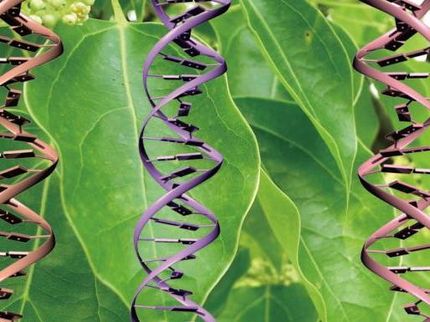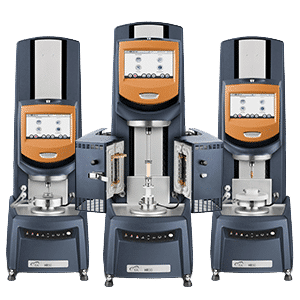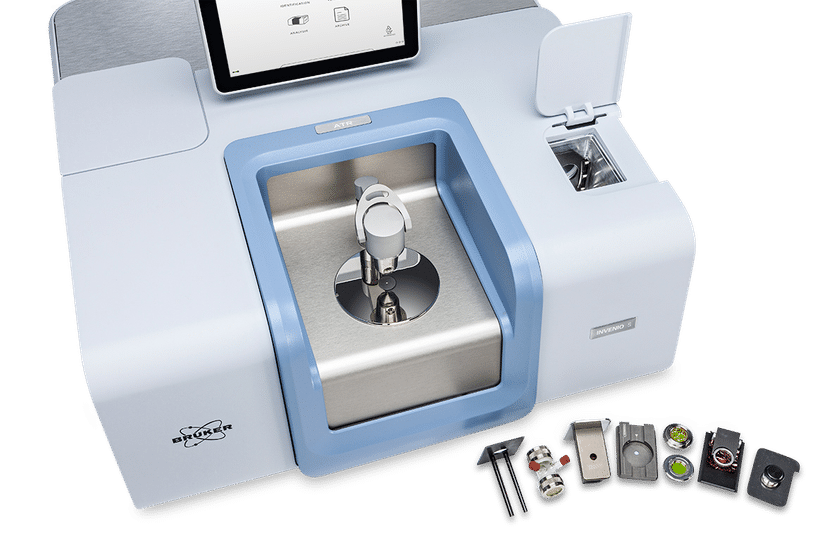Cornell, local scientists collaborate to help sequence aphid genome
The genome of the pea aphid (Acyrthosiphon pisum) has been sequenced for the first time, and entomologists and plant experts from Cornell, Ithaca College and the Boyce Thompson Institute for Plant Research (BTI) at Cornell have all played important roles in achieving the milestone.
Pea aphids feed on a variety of legume crops, notably alfalfa, which is used for forage in New York state. The pests not only compromise crop yields but also transmit 30 plant viruses. Conventional farmers use chemical sprays to control them.
The sequenced genome, published in Public Library of Science - Biology, opens the door for researchers to better understand the biology of the aphid at the genetic and molecular levels. That may allow them to design new strategies to disrupt pathways and control these pests.
The effort to sequence the pea aphid genome has involved more than 100 collaborators from 30 institutions worldwide, with a concentration of experts in Ithaca, who worked to annotate specific groups of genes. The genome was sequenced at the Baylor College of Medicine's Human Genome Sequencing Center in Houston, Texas.
"In terms of the contribution to the study of aphid biology, this research is transformative," said Angela Douglas, Cornell's Daljit S. and Elaine Sarkaria Professor of Insect Physiology and Toxicology and one of the paper's co-authors. "The genome transforms our understanding of aphids to a completely new level. The fruits of this research should ripple to colleagues working at a very applied and extension level."
Other news from the department science

Get the analytics and lab tech industry in your inbox
By submitting this form you agree that LUMITOS AG will send you the newsletter(s) selected above by email. Your data will not be passed on to third parties. Your data will be stored and processed in accordance with our data protection regulations. LUMITOS may contact you by email for the purpose of advertising or market and opinion surveys. You can revoke your consent at any time without giving reasons to LUMITOS AG, Ernst-Augustin-Str. 2, 12489 Berlin, Germany or by e-mail at revoke@lumitos.com with effect for the future. In addition, each email contains a link to unsubscribe from the corresponding newsletter.


























































